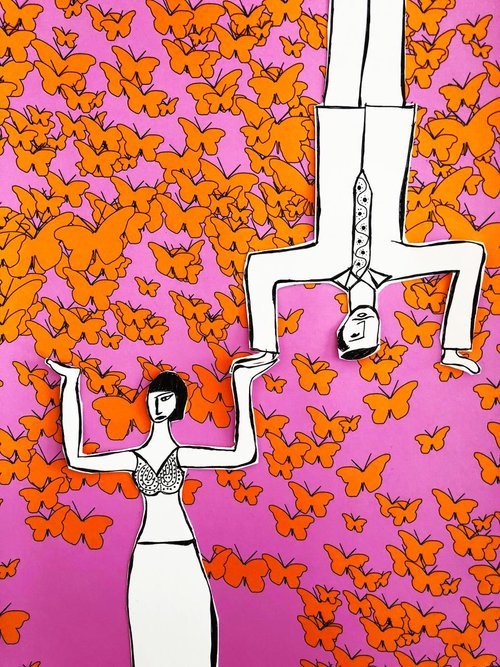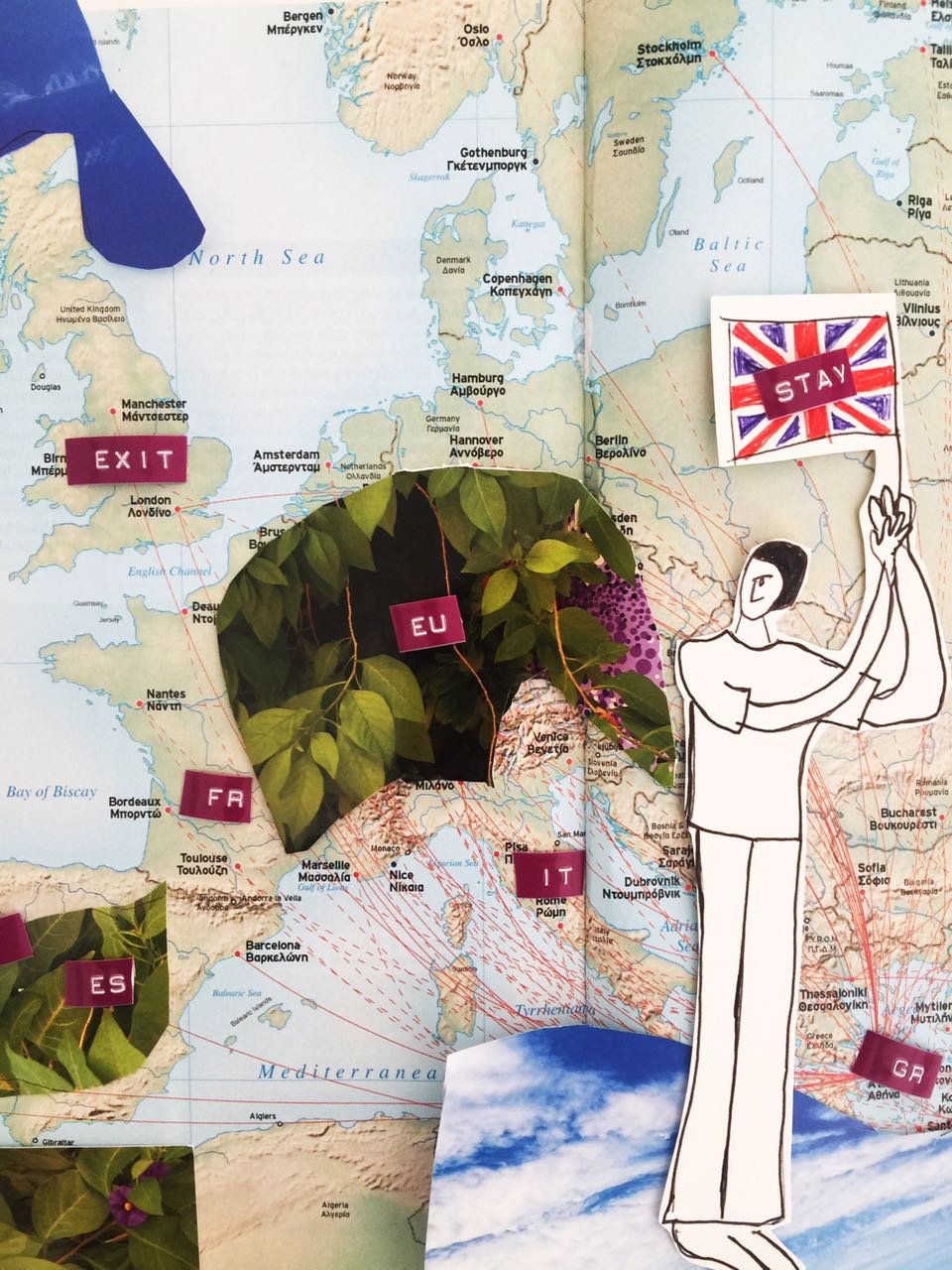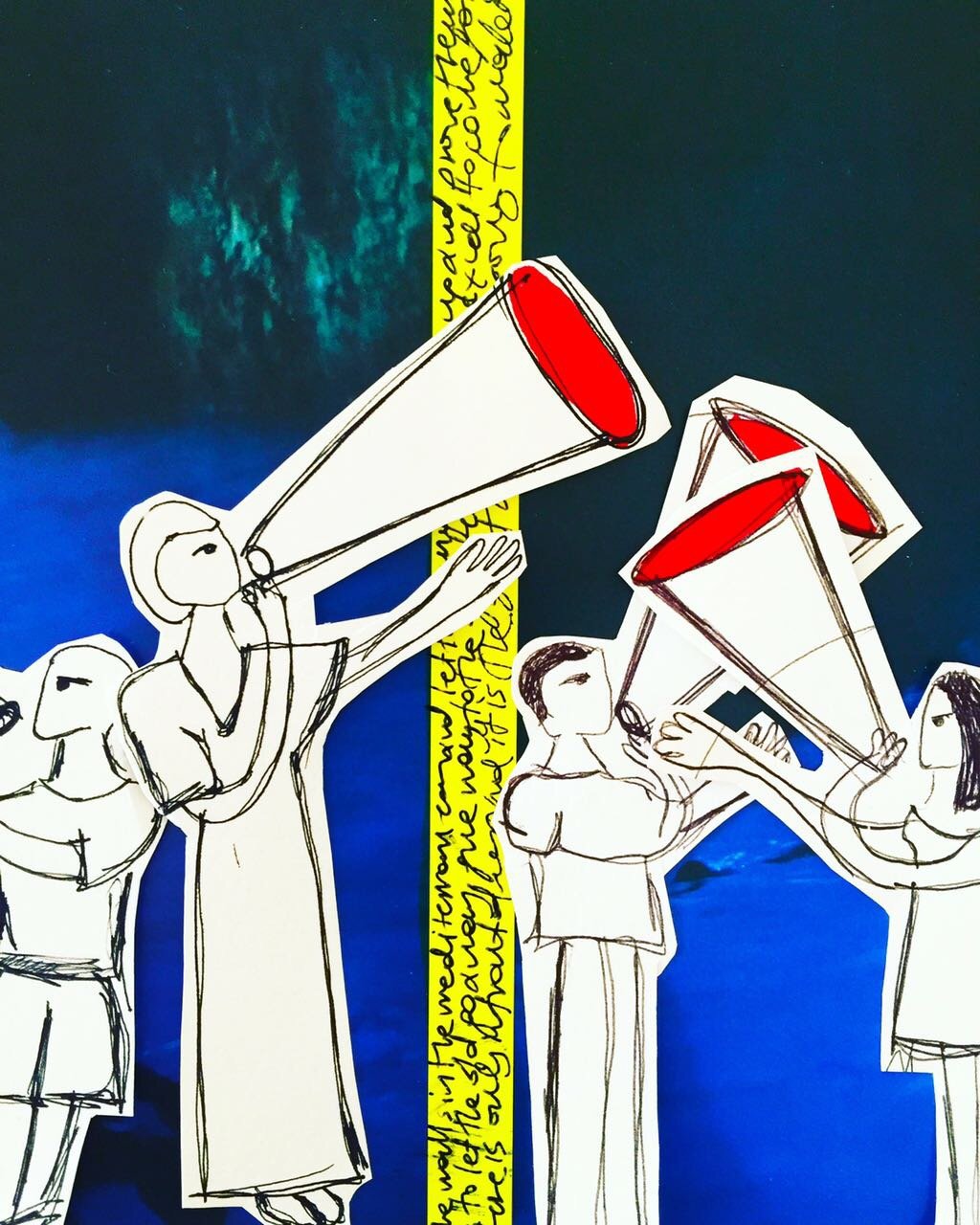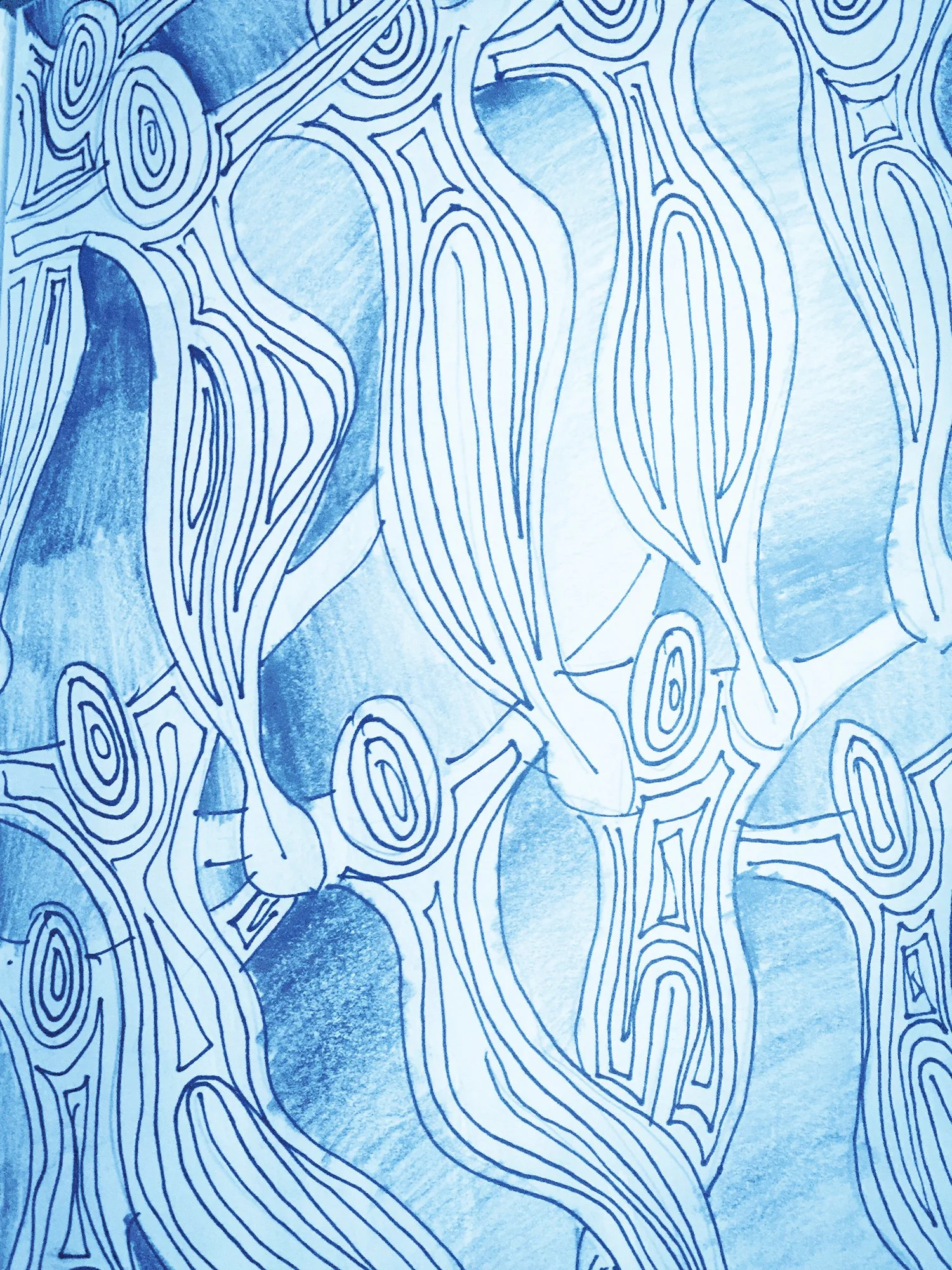
Morocco: Time To Think Local?
Morocco is a beautiful country: seen in its colours, handicrafts, cuisine, architecture, aesthetics and people. I have visited many times in different capacities – for work and for leisure – and each time it leaves a magical impression. Travelling around the country, the disparity is clear – rural and urban, inland and seaboard – but at every turn, there is a keen work ethic and entrepreneurial spirit. Women have a key role to play, both within the family and as a productive force. But more can be done overall to promote a more equitable distribution of wealth, wider participation in the economy and better governance through business and policy leadership. This would allow the people and the country to continue to serve as a bridge between three continents – North America, Europe and Africa. The data-driven analysis that follows looks at how Morocco’s leadership pursues trade with Africa and Europe and, more importantly, the potential that lies closer to home, among its near neighbours in the Mediterranean.

Bringing Algeria’s Women into the Workforce
Algeria deserves to be integrated into the Mediterranean region. While I have not visited the country, I have been to its borders and have met Algerians abroad in different strata of life who have impressed me with their desire to improve economic conditions in their country – because they want to have a future within their country. This analysis focuses on women’s participation in the economy, and includes qualitative and quantitative data and indicators on trends. Women’s economic participation mirrors the progress or setbacks in the socioeconomic dynamics of the nation and the ability of its leaders to grapple with market forces and developmental challenges. It would be a good sign for Algeria if the European Bank for Reconstruction and Development (EBRD) launches operations there; in this way, Algeria’s private sector could be integrated into the markets of the region and standards of governance could be improved, including enhancing women’s role in business. Equally important for women’s participation in the economy, and for governance practices more broadly, is the European Investment Bank’s (EIB) 2.1 billion-euro investment on projects in the transport, energy, water and industry sectors. But it will take bolder steps in domestic and EU-backed policy to help women claim their rightful place in the country’s economic future.

Start-Ups: The Growth Egypt Needs
Egypt is the Mediterranean region’s largest economy, connecting the Arab world to Europe through my native country Cyprus, which forms the continent’s south-eastern border. My ties to Egypt are quite personal, as I bear the name of Cleopatra, the Egyptian queen of the Ptolemaic dynasty, which ruled Egypt until the Roman period. Curious about the history of this richly diverse country, I travelled through Egypt in my youth, exploring the Sinai mountain region while on a religious pilgrimage to St Catherine’s monastery. I also worked as a conflict resolution volunteer in rural areas in the northern and eastern regions.
At the last European Bank for Reconstruction and Development (EBRD) annual meeting and business forum, where I represented the Arab International Women’s Forum, Egypt was seen to offer compelling opportunities, with reforms across sectors, an eagerness to attract investors in manufacturing, food production, processing and distribution, and energy – specifically renewables. The conversation missed a key dynamic for growth, however: youth, specifically young people as Egypt’s start-up entrepreneurs, including the tools they need to prosper, especially their access to finance.

It is a myth that Greek people don’t work. Greek people work long, hard hours and are, by nature, entrepreneurial.
I have conducted business in Greece through every phase of the recent economic cycle: the Golden years of the early 1990s, the post-Balkan Wars stage of 1999–2003, the post-Olympic games period from 2004–2009 and the challenging years of 2009–2012.
I had the honour of advising the Greek government during its European presidency of 2003 on international strategic communications and in 2004 on European structural fund absorption strategies. Then, from 2005–2010, I advised the Hellenic Telecommunications Organisation on its engagement with European institutions (prior to its privatisation under Deutsche Telekom), as well as working on a number of other strategic industry initiatives in the financial services and energy sectors as Greece became the business hub of South-East Europe. Given my work, I was able to dive deeply and gain an understanding of the labour market structure in both the public and the private sectors.

Fair Process Leadership
A few years ago, an acquaintance of mine, a consultant, told me I would never be relevant or wealthy because I believed in goodness and fairness, and in doing the right thing. ‘You are an outcast, you are in dreamland, fairness does not exist in the business world,’ he said as he walked away, feeling proud of his financial affluence.

Turkey as a Constructive Force for Growth
With a population of almost 80 million, Turkey has the second-largest economy in the Mediterranean region after Egypt. At different periods of my life I have lived and worked in, and I still continue to engage with, this naturally beautiful country. I have found principled and trusted collaborators there and built precious and lifelong friendships. The values of family, trusted business partnerships, faith, friendship, culture and community are as strong in Turkey as they are anywhere in Europe and the rest of the world.

Economic Growth in the Mediterranean: A Closer Look
The Mediterranean region encompasses the southern countries of Europe and the northernmost nations of Africa, stretching from Spain to Cyprus, from Libya to Albania. Home to 21 countries and 500 million people, this region produces 10 per cent of the world’s GDP and combines a rich diversity – culturally, linguistically and economically – along with a shared history of commerce, and of conflict.

Brexit and the View from the South
How do Britain’s divorce proceedings look from a Mediterranean standpoint?
These are strange and confusing times for the many European citizens and European nations that know or admire the United Kingdom. Many of us are still at a loss to understand what the country hopes to gain by leaving the European Union, or how the UK intends to go it alone. But the talks about the terms under which Britain will leave the EU are well under way, and I believe that we should consider whether there is any useful advice or insights we can provide from the Mediterranean perspective. Are there practical ways in which the countries of our region can help Britain once Brexit takes place?

Give Youth A Chance
Why the young people of the Med are the best hope for the region – and for Europe.
In a recent essay for the journal International Affairs, produced by the London-based think-tank Chatham House, political analyst Claire Spencer quotes The Mediterranean in Politics, a book written by historian Elizabeth Monroe on the eve of the Second World War. Back then, Monroe said of the Med that ‘its significance has been that of passage, or a megaphone, or a knuckle-duster. It has always been a route to somewhere, or the string which when pulled, reveals that its other end is in India, Vladivostok… or Mosul.’ That view, though it was expressed a lifetime ago, still rings true. The Mediterranean continues to be a conduit for migrants from far and wide; it is a region that dramatises and magnifies fractious debates within Europe; and it is a locus of conflict and upheaval – the ‘knuckle-duster’ of Monroe’s lively string of metaphors.

Navigating the Middle Sea
What is the Mediterranean Sea? What part does it play in the lives and the livelihoods of the 500 million people who live around its foaming edge? We tend to see the Med – in fact, any body of water – as a blank blue hole that fills the spaces between landmasses. Dry land is a presence, full of topographical interest and teeming with human activity. The sea, on the other hand, can seem a blank and featureless thing. Open water is not our natural habitat, and we venture out there at our peril, as – tragically – many thousands of Syrian and Libyan refugees can attest.
